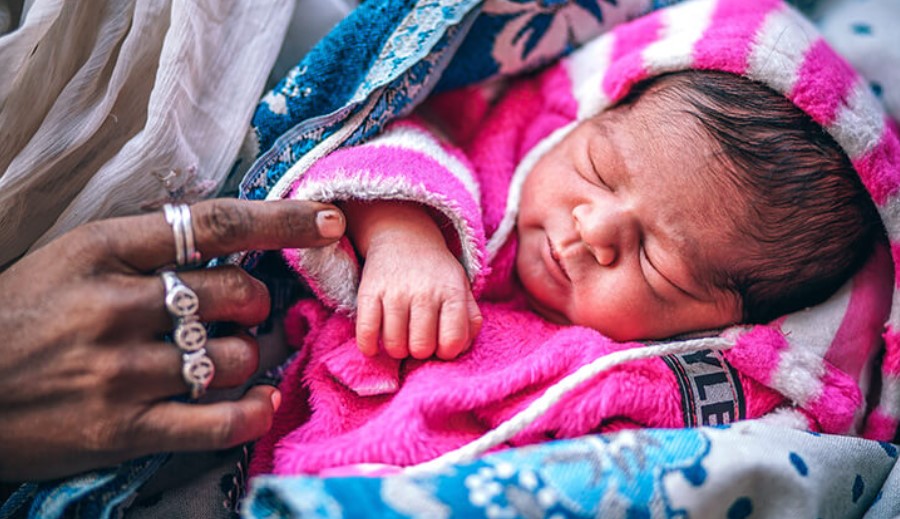Birth certificates are more than just a piece of paper; they are a legal and fundamental proof of one’s identity, recognized under the Birth & Death Registration Act of 1969 in India. This official document, issued by the government in the name of the applicant or their ward, contains critical information such as the individual’s name, date of birth, place of birth, parents’ names, and registration details. However, the importance of a birth certificate extends beyond its physical form; it is a gateway to asserting one’s citizenship and accessing various government benefits and schemes.
The Consequences of Delayed Birth Registration:
In India, obtaining a birth certificate within 21 days of a baby’s birth is of paramount importance. Failing to do so can have significant repercussions. An unregistered birth deprives the individual of various government facilities, including essential documents like the PAN Card, Aadhaar Card, Voter ID Card, and even access to a bank account. Additionally, not having a birth certificate can be a significant hurdle when it comes to international travel. Without this vital proof, obtaining a visa and passport becomes a daunting task, and applications are often rejected.
So, what should you do if you find yourself in a situation where your birth has not been registered?
Navigating the Process for Unregistered Births:
The first step for those with unregistered births is to identify the authority responsible for creating birth records in their region. If you are a non-resident, you can seek assistance from the Indian embassy to understand the process better.
Birth Registration in Urban and Rural India:
India is a diverse country, and the birth certificate registration process varies between urban and rural areas.
In Urban Areas, the Registration of Birth & Deaths Act, 1969 makes birth registration mandatory. Municipal Corporations have been authorized by the union government as the competent authority to record birth details in their respective regions. The responsibility often lies with the registrar or sub-registrar within the Municipal Corporation. Even for non-resident Indians (NRIs), the authority conducts verifications. Indian embassies play a pivotal role in facilitating requests from NRIs and forwarding them to the appropriate authorities.
In Rural Areas, the process is primarily managed in villages where Gram Panchayats and para-medical staff are responsible for birth registration.
Reapplying for a Lost Birth Certificate In-Person:
If you have lost your birth certificate and need to reapply, you can choose to go through the in-person application process. While it may involve standing in long queues and facing administrative hassles, it is an option. Keep in mind that municipal corporations retain records for 15 years in their archives. You can visit the municipal office, fill out a form called the Non-Availability of Birth Certificate (NABC), and submit it to obtain a duplicate birth certificate. However, a more convenient option exists.
Simplified Online Application Process:
In the age of digital India, applying for a birth certificate has become more convenient. Physical presence is no longer an absolute necessity. An online application process is now available. Whether you are in India or abroad, you can access the national portal for birth registration or your municipal corporation’s website via your phone. You can download the declaration form PDF, complete it with the required information, attach supporting documents, and submit it electronically.

